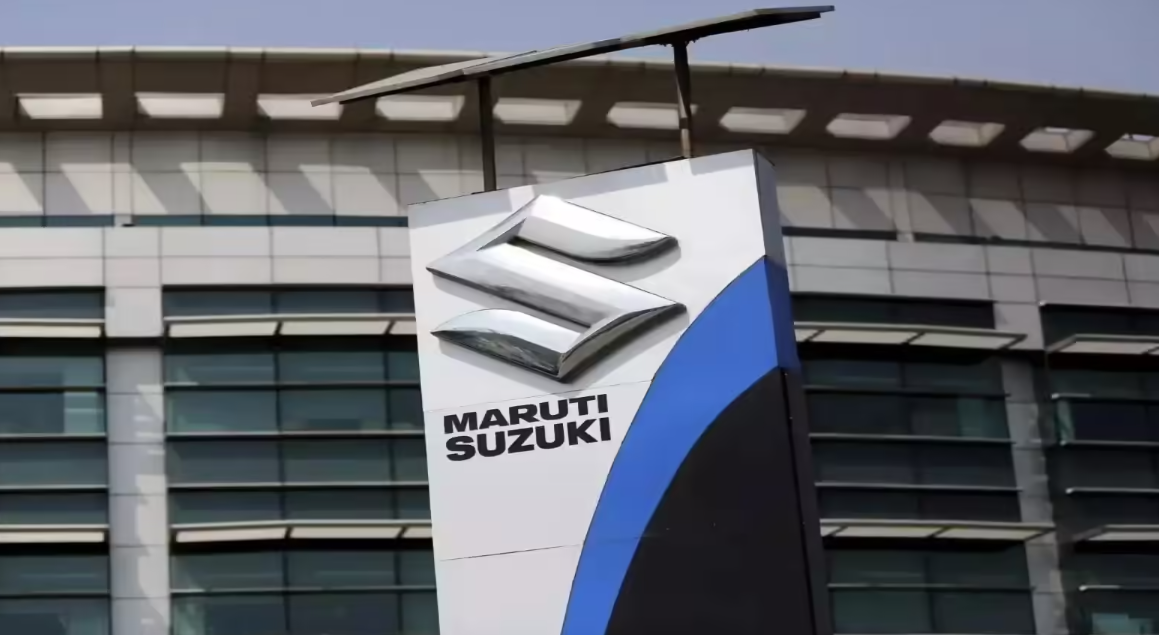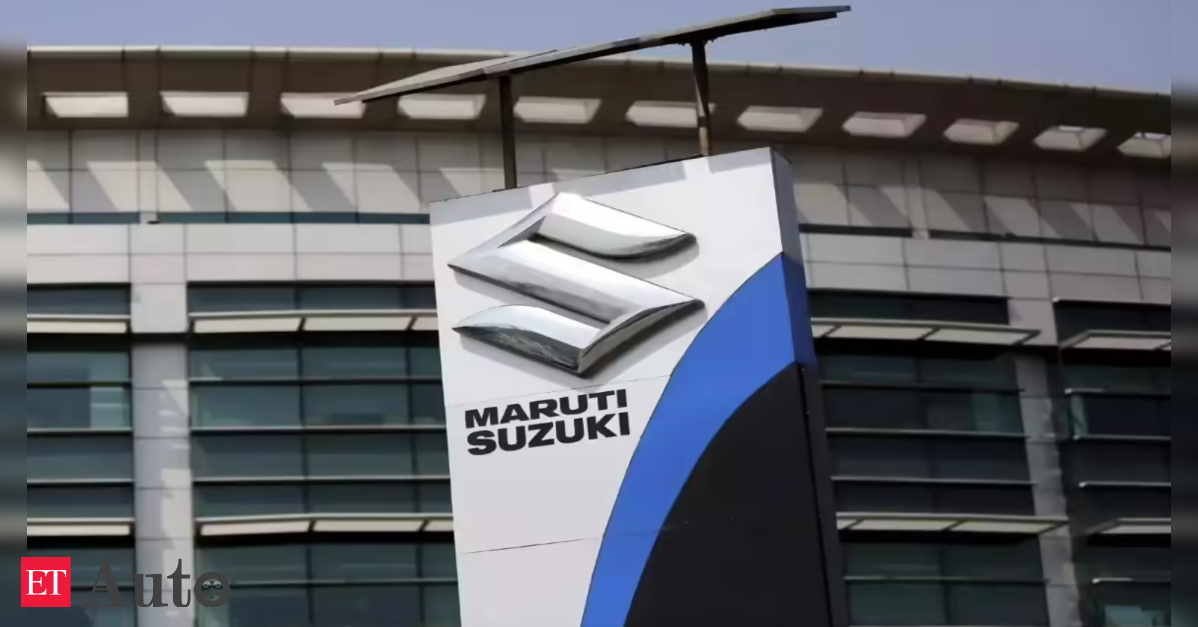
After lagging the auto sector for five straight years, Maruti Suzuki has finally slammed the accelerator in 2025, as the country’s largest passenger carmaker has delivered 47 per cent year-to-date (YTD) returns – more than double the Nifty Auto index and almost 5X the heartbeat Nifty index.
For context, the Nifty Auto index returned 20 per cent while the Nifty 50 returned 10 per cent over the same period. The only stock that marginally edged out Maruti’s performance was Eicher Motors, the Royal Enfield maker, which delivered a 47.4 per cent return.
BSE Sensex’s returns in 2025 as on Tuesday closing stand around 8 per cent.
Will Maruti retain momentum?
Maruti’s strongest performance of the decade came in 2017, when the maker of the Vitara and Brezza surged an impressive 83 per cent. Whether the automaker has enough fuel left in the tank to repeat that kind of run, remains to be seen.
The concerns emanate as the stock has stalled over the past month. Maruti has been facing bouts of profit-booking, slipping over 2 per cent and underperforming the Nifty Auto index, which in contrast stayed about 1 per cent higher as of Tuesday, November 25 in the same period.
The stock has turned back from the peak of ₹16,660, it attained on October 23, 2025.
Notwithstanding a 4 per cent correction, Anuj Gupta, Director at Ya Wealth Global Research said that the trend remains positive for Maruti Suzuki shares. The stock is forming higher tops and higher bottoms and has a strong support at Rs 14,600 followed by a long term support at Rs 12,000. The analyst sees the next hurdle for the stock at Rs 16,000, crossing which an upside up to Rs 18,000 will open.
This implies a 13 per cent upside from the current market price of ₹15,910 (Tuesday closing).
Gupta remains positive on Maruti and recommends a buy.
Maruti’s decadal run
An analysis of the past 10 years shows an average return of 16 per cent for Maruti, slightly outperforming Nifty Auto’s 14 per cent returns. Nifty is not far with 13 per cent gains over a decade.
Maruti shares yielded an impressive 23 per cent returns in 2023, followed by 15 per cent in 2016. The years 2020 and 2024 had modest returns of 4 per cent and 5 per cent, respectively.
Its stock gave negative returns on three occasions viz 2018 (-23 per cent), 2019 (-2 per cent) and 2021 (-3 per cent).
Should you buy?
The automaker reported an 8 per cent year-on-year (YoY) rise in consolidated net profit to ₹3,349 crore in the July-September quarter of FY26while its revenue from operations grew 13 per cent YoY to ₹42,344.20 crore over the corresponding period of the previous financial year.
Goldman Sachs has maintained its ‘Buy’ rating on Maruti for a target of ₹19,000 against the previous target of ₹18,900. The company’s earnings were in line with expectations, with revenue and EBITDA rising 5 per cent and 4 per cent respectively, in line with Bloomberg consensus estimates.
Maruti remains optimistic about demand, expecting sub-4-meter cars and compact SUVs to outperform larger cars in terms of volume over the next 12 months, especially on the back of a low average base.
Citi too remains gung-ho about the prospects of the bellwether auto company, citing strong festive season sales and the expectation of sustained growth momentum as key drivers of its optimism. The brokerage believes the robust demand environment will continue to support the company’s performance in the coming quarters.
On the export front, it highlighted that Maruti Suzuki’s FY26 export volumes could exceed the earlier guidance of 400,000 units. The US brokerage has reiterated a ‘Buy’ with a target of ₹18,900.
Meanwhile, Elara Capital has maintained its ‘Accumulate’ rating on Maruti Suzuki, raising the target price to ₹18,341. The brokerage noted that Q2 revenue was above its expectations by 3 per cent led by higher-than-estimated ASP growth of 5 per cent QoQ and 11 per cent YoY, on better model mix, higher export share and start of EV exports to Europe.
Between the brokerages, a potential upside of up to 19 per cent is seen over medium to long term.




